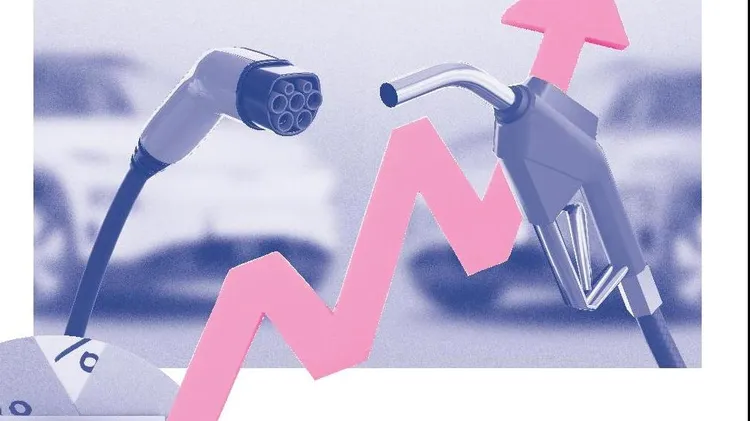There’s a council tax hit coming to millions – thanks to a decade of broke local authorities
3 min read
This article is from...
Read this article and 8000+ more magazines and newspapers on Readly






